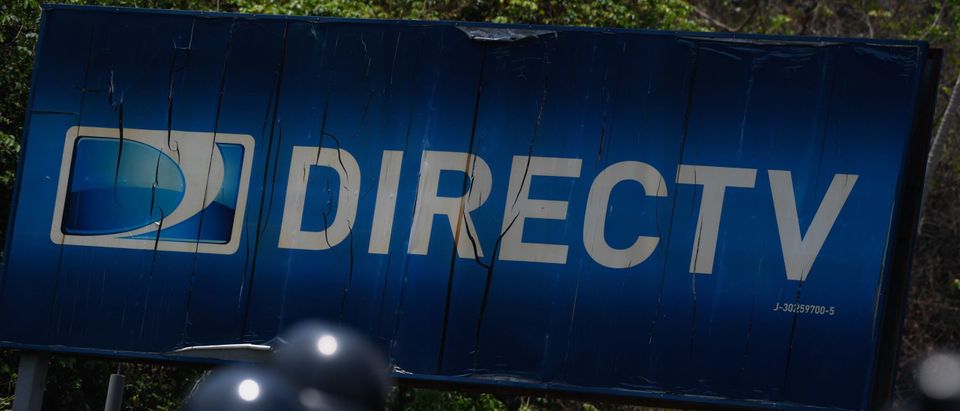Today’s thriving video content market offers consumers an endless array of options according to their own needs and tastes. So why do some in Congress seek to dictate which channels appear in your cable package?
After all, with inflation soaring, consumer confidence tanking, the immigration crisis at our southern border worsening and the war in Ukraine escalating, the parade of five-alarm fires offers more than enough to keep Congress focused on genuine challenges.
Inexplicably, however, a growing list of lawmakers focus their energies micromanaging your cable options.
Whether it’s discriminatory tax incentives for favored programming, preferential treatment for rural-themed channels, or partisan attempts to de-platform conservative news stations, lawmakers from both parties seem under the illusion that our almost unfathomably competitive video marketplace needs the meddling hand of Congress to fix what isn’t broken.
Indeed, it’s difficult to imagine an industry in which that meddling is less necessary, as anyone who has weighed the ever-growing universe of streaming services and pay-TV tier choices can attest.
Such governmental meddling also triggers free speech concerns, with Congress potentially dictating what channels private-sector TV distributors will be required or forbidden to carry. Attempting to reframe such requirements as “incentives” rather than strict mandates to survive legal challenge doesn’t avert the underlying principle: Congress should categorically not be in the business of dictating our media diet.
It must be added that such compulsion is no better when it emerges from the political right than from the political left.
In rural states and districts, to cite a current example, some lawmakers openly promote RFD-TV – a pay-TV channel owned by Rural Media Group that mixes agribusiness news content with rural-themed entertainment programming. In previous years, Rural Media Group pushed legislation that would effectively require pay-TV companies to carry RFD on their basic tiers – and to pay for the privilege, ultimately increasing costs for consumers. Although those efforts failed, the company is now back pushing a resolution to artificially impose more rural programming.
Whatever schadenfreude red state conservatives might otherwise enjoy from forcing Brooklyn hipsters and Hollywood elitists to fork over a few extra cents each month subsidizing RFD-TV’s crop price reports, they should pause to consider how they react whenever the other side plays that same game. For instance, progressives have already launched their own pressure campaign to force providers to drop Fox News, Newsmax and others.
The same principle that makes it outrageous for progressives to impose their preferences on our TV lineups applies just as fairly to conservatives.
Fortunately, the simple solution here is one that conservatives should readily embrace. Namely, let the free market decide, and get the government out of the discussion altogether.
As noted above, consumers now possess more choices than ever for subscribing to the video content they choose. TV providers, with reams of ratings and viewing data, understand far better than legislators or bureaucrats what channels audiences actually want – and are willing to pay for – in any given market. And if they get that wrong, literally hundreds of streaming services are circling to pounce and fill any unserved niche. Today’s video marketplace thus resembles a dream of ”creative destruction” free market theorist Joseph Schumpeter, playing out in vivid 1080p resolution.
Ironically, Rural Media Group is itself a perfect example of this dynamism and competition. Entrepreneurs saw a market niche and risked their capital building a business to fill that need. Through hard work, their channel is now carried to 52 million homes, and their streaming service – RFD-TV Now – is available to any American with an internet connection who chooses to subscribe.
They’re an American success story – and they didn’t need any special favors from Congress to get there.
Accordingly, the marketplace for TV content is working just fine on its own. Lawmakers from both parties – but especially those who otherwise support free markets – should think twice before voicing those nine terrifying words about which Ronald Reagan warned us: “I’m from the government, and I’m here to help.”
Timothy Lee is Senior Vice President of Legal and Public Affairs at the Center for Individual Freedom.
The views and opinions expressed in this commentary are those of the author and do not reflect the official position of the Daily Caller.



